Dhaka, July 2 (V7N) — The Bangladesh Nationalist Party (BNP) is extending its highest level of cooperation to build a national consensus on major reforms, according to Salahuddin Ahmed, a member of the party’s Standing Committee. He rejected ongoing perceptions in media and social platforms that suggest the BNP is unwilling to support reform, asserting that the party has already compromised on several positions for the sake of broader national unity.
Speaking to reporters on Wednesday after the eighth day of the second phase of discussions with the National Consensus Commission, held at the Foreign Service Academy in Dhaka, Salahuddin Ahmed outlined BNP's extensive engagement in the reform process.
“We have agreed to over 90% of the reform proposals put forward by the five reform commissions. Yet, a narrative is being pushed that BNP is obstructing consensus. This is simply not true,” he stated.
BNP’s Positions on Key Reform Areas:
-
Anti-Corruption Commission (ACC):
The BNP has agreed to 46 out of 47 proposals made by the ACC Reform Commission, expressing only minor reservations on one issue. Ahmed praised the proposed search committee for appointing ACC officials, noting, “For years, the ACC has been used as a weapon to suppress opposition. Reform is essential.” -
Judiciary Reforms:
Out of 47 recommendations by the Judicial Reform Commission, the BNP has endorsed 42. The party raised concerns only on certain proposals related to the lower courts. -
Electoral Reforms:
The party agreed to 141 of the 243 proposals for reforming the electoral process. -
Civil Administration:
BNP supported 187 out of 216 recommendations in the public administration reform report. -
Institutional Reforms and Ombudsman:
The BNP submitted detailed feedback on all five reform commission reports — a move Salahuddin claimed no other party matched. The party proposed appointing an Ombudsman under Article 77 of the Constitution, along with the establishment of a dedicated secretariat to support the office.
On the Question of Compromise
In response to allegations that the BNP is unwilling to make concessions, Salahuddin said, “I personally proposed a 10-year term limit for the Prime Minister’s post. The BNP had originally advocated for a model allowing re-election after a break, but we accepted the 10-year cap in the interest of consensus.”
He further noted that the BNP agreed to amend Article 70 of the Constitution to allow Members of Parliament to vote independently on all issues except budget bills, votes of confidence, constitutional amendments, and matters of national security.
Regarding electoral boundaries, Salahuddin said, “The Consensus Commission proposed an independent commission for redistricting. BNP went a step further and proposed a specialized committee to ensure transparency and fairness — a suggestion that gained unanimous support.”
Remaining Disagreements
While emphasizing broad agreement, Salahuddin acknowledged that the BNP has yet to consent to a few key structural reforms — particularly the allocation of upper house seats based on proportional representation and the formation of a recruitment committee to reduce the Prime Minister’s sole authority in constitutional appointments.
“These are fundamental reforms, according to some other parties,” he said. “But we have already agreed on more than 90% of the proposals. It’s unreasonable to expect 100% consensus. If total agreement were required, what would be the point of holding discussions at all?”
END/SMA/AJ/



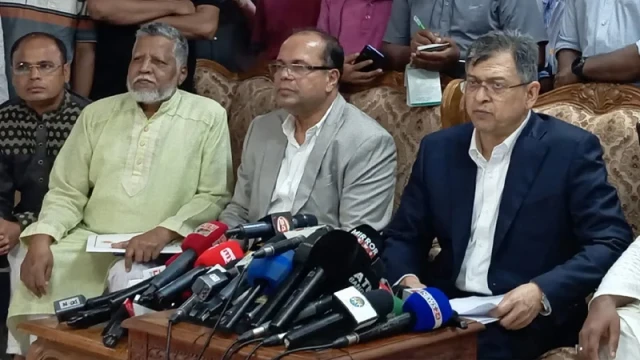
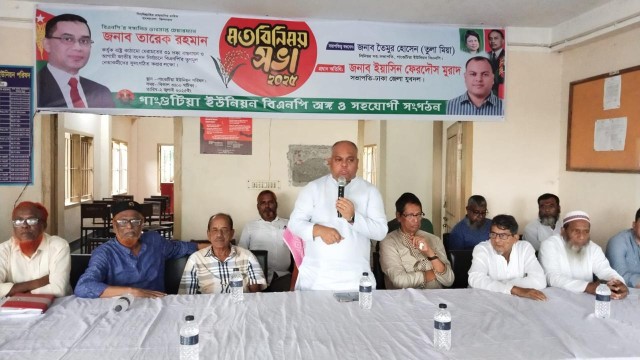
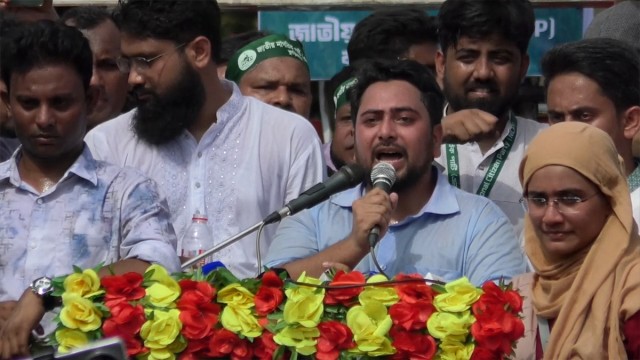
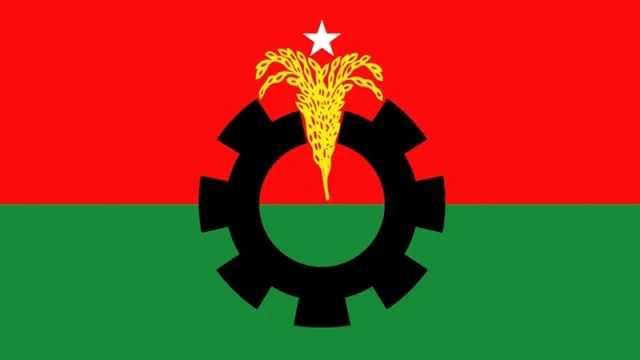
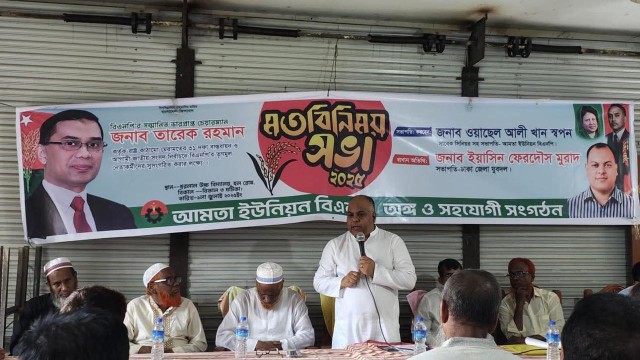
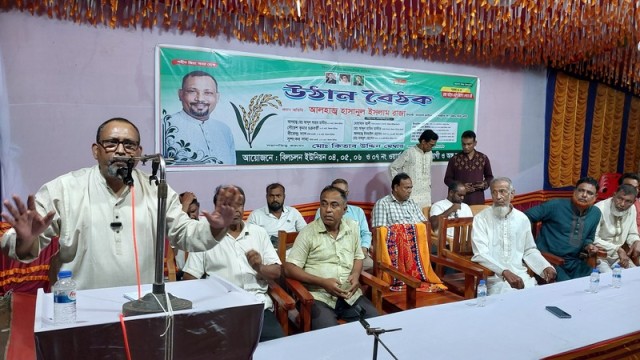
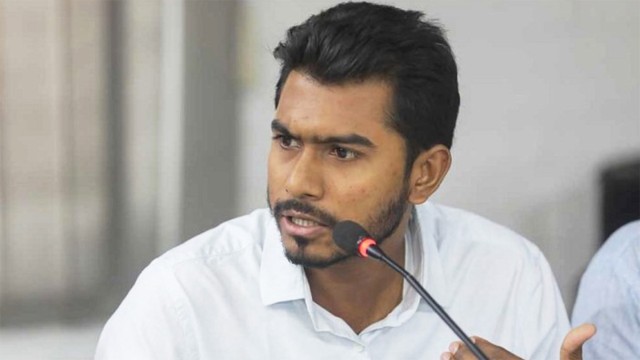



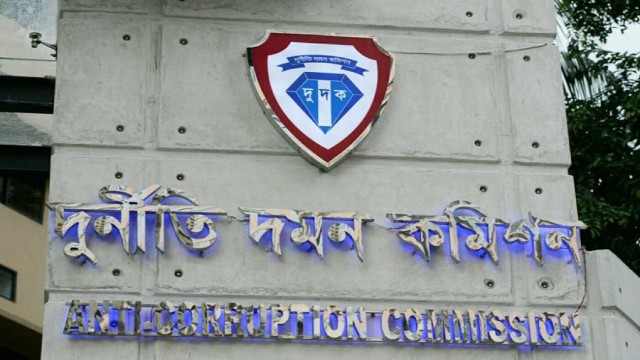
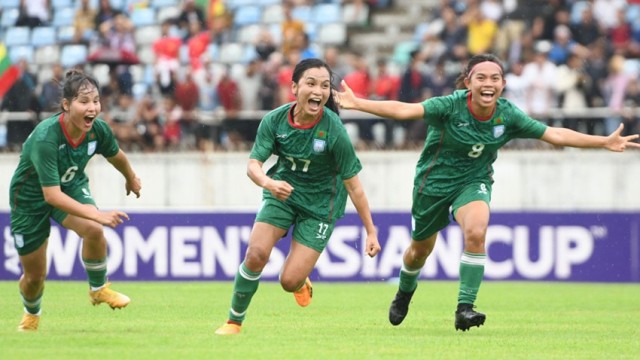

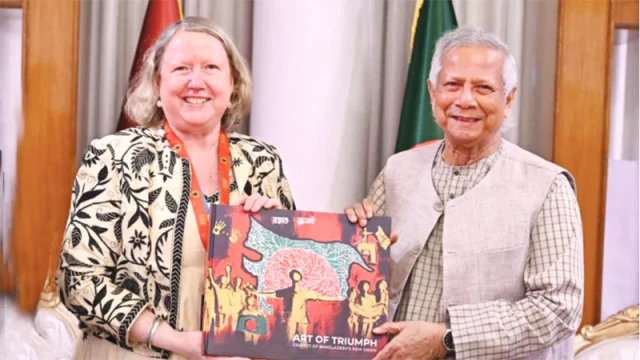
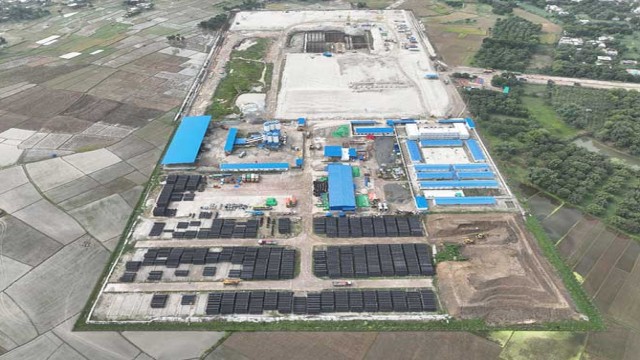
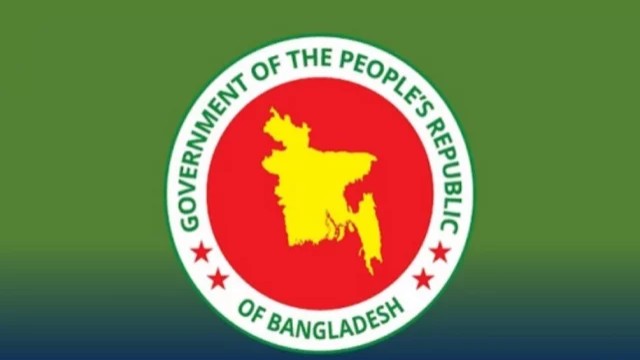











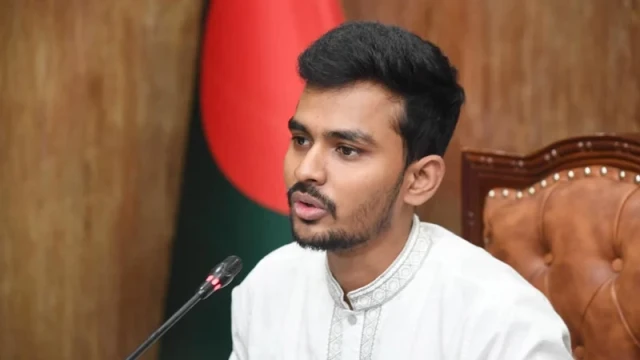
Comment: